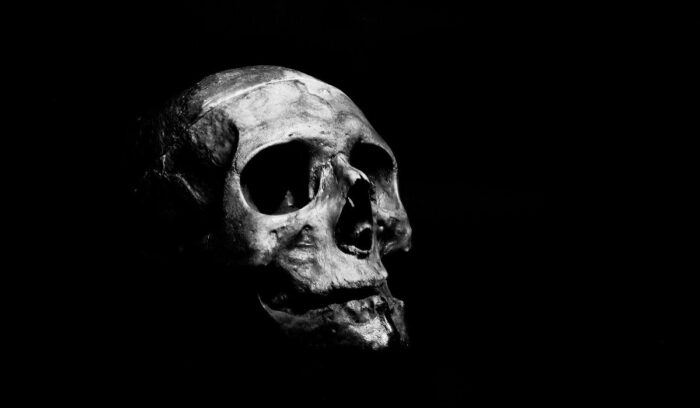After the fall of the Roman Empire in the Fifth Century C.E., the Western world fell into what many Enlightenment-era historians and philosophers – and many people to this day – pejoratively referred to as the “Dark Ages.”
In the era before it, the high-society Romans brought the lands of Europe and beyond under one empire, creating vast trade and cultural networks. The Greeks invented democracy and brought some of the greatest works of philosophy and literature the world had ever known. The Seven Wonders of the Ancient World stood as testaments to humans’ ability to accomplish great feats and create great beauty. Every century brought with it more examples of what humans could do.
In contrast, at least for the critics of 17th and 18th Century Europe, the Dark Ages were notable in their stark lack of civility, freedom, and intellectual or technological advancements. For a thousand years, peasants were ruled over, often cruelly, by their feudal lords without any possibility of true economic or political freedom. Very few people were literate or had access to education. In fact, for many, knowledge and learning were looked at with great skepticism, as either unnecessary because of or in direct opposition to the one true, final word of God. Those who dared to question the Church or who offered new, challenging ideas were at best pushed to the margins of society and at worst brutally tortured and murdered.
These “Dark Ages” reached their apex in the devastating 14th Century. From 1315-1317 C.E., the Great Famine swept across Europe, killing perhaps more than 10% of the population in many localities. For the Church, the famine was a sign of God’s anger, yet their prayers and confessions proved wholly ineffective at stemming the tide. The institutions of the time had little to no ability to coordinate themselves in a way that could understand, let alone address, the grave crisis at hand.
Three decades later, the even deadlier Black Plague swept across the continent killing 30%-60% of the entire human population across the continent. Yet again, prayers for mercy went unanswered. The science of the time couldn’t yet even conceive of bacteria or any microorganisms. The deadly bacteria raged across the continent killing tens of millions.
It was out of this great period of perceived darkness and stagnation that The Story of Progress, and what many have deemed “Modernity,” rose to prominence.

Peter Schulte
Purpose Coach
Bellingham WA, USA / Lummi & Nooksack lands
Purpose statement: I reveal a world of beauty and goodness